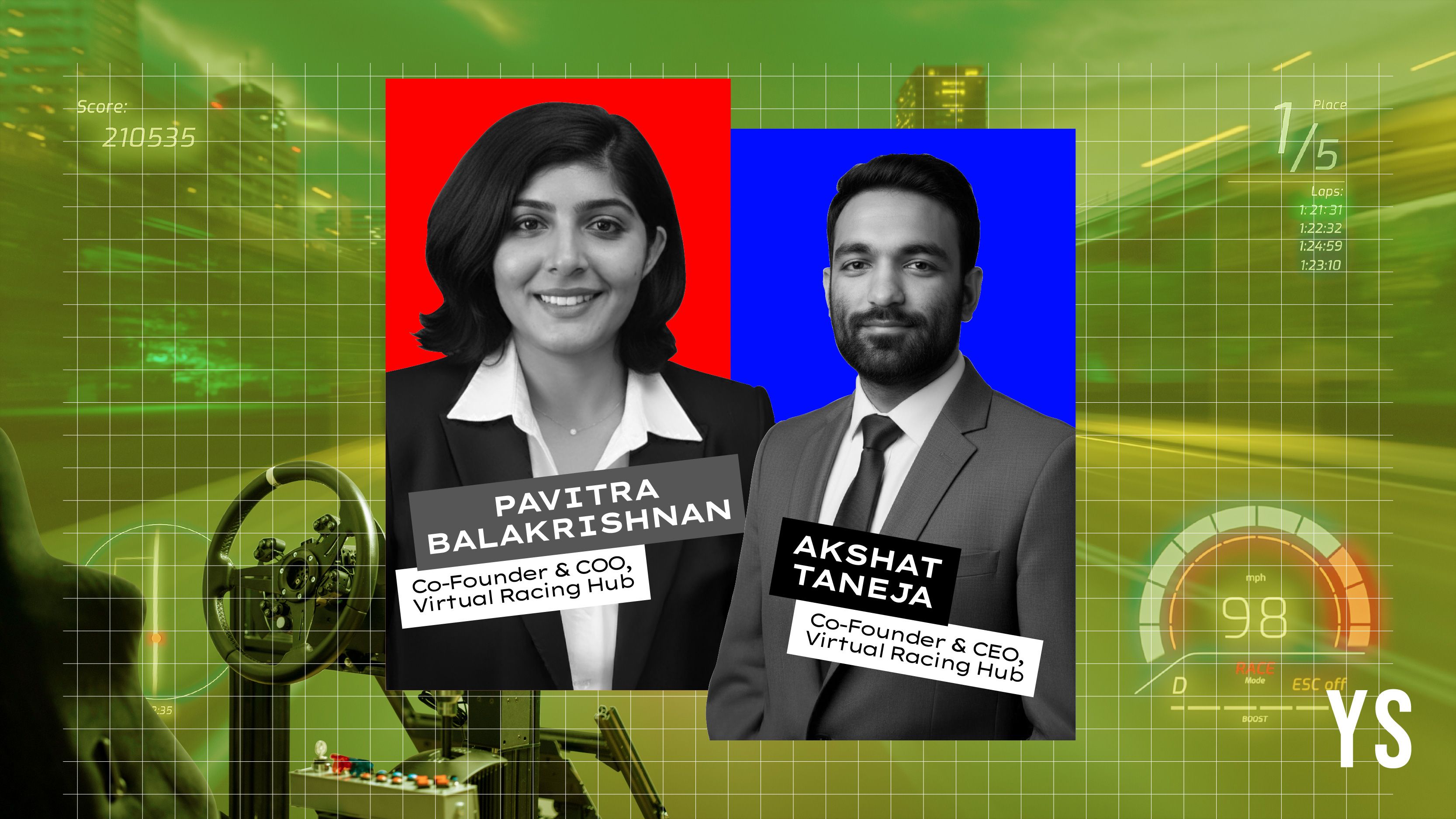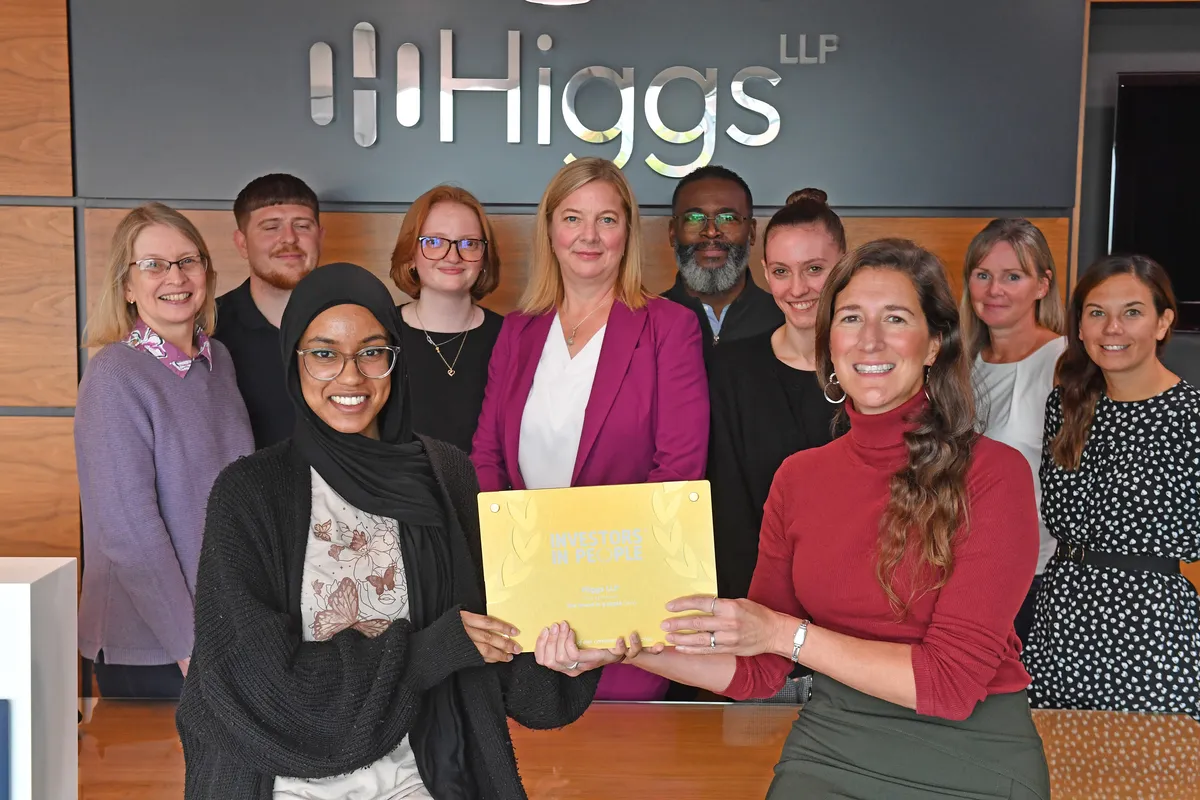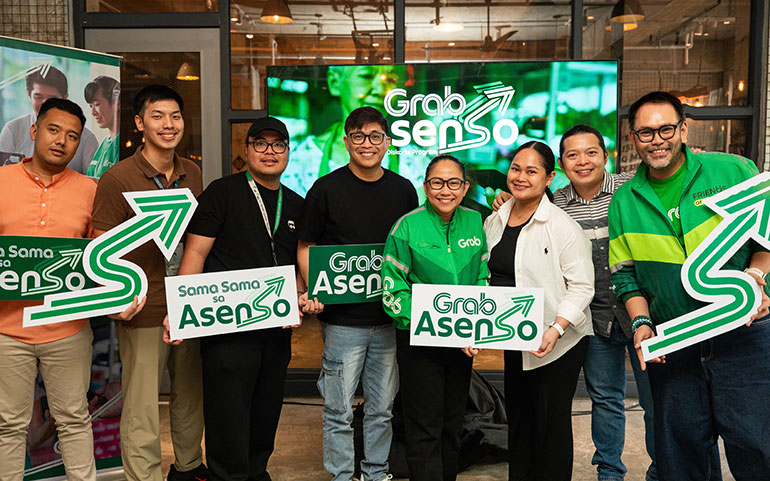By Rashmi Khotlande
Copyright yourstory

Formula One’s surge in popularity, along with shows like Drive to Survive, has fueled curiosity about racing. But motorsports is an expensive hobby and comes with safety regulations that keep many from experiencing the thrill.
That’s where simulation games come in. They close the gap between dreams and reality, letting people try activities that are normally expensive or risky.
They also serve as a tool for entertainment, education, and skill-building with the freedom to explore without real-world limits. The market, worth $1.8 billion in 2023, is expected to grow at over 3% annually through 2032.
The beginning of Virtual Racing Hub
In 2020, Akshat Taneja and Pavitra Balakrishnan began gaming on their PlayStation 4, playing various driving titles. Soon, the duo wished to upgrade their gaming experience to proper simulation racing equipment.
“Simulation racing is the closest experience to real-world racing, without the risks or costs involved,” Balakrishnan says. It relies on specialised hardware that transforms video game racing into something that feels like driving an actual car, rather than just using a controller.
Taneja and Balakrishnan soon realised that quality gear was simply not available in India, which struck them as a significant gap in the market.
“If we weren’t able to access such equipment, thousands of other enthusiasts were probably facing the same challenge,” Balakrishnan explains. This was how their hobby turned into an opportunity, and in 2021, they started Virtual Racing Hub with an initial investment of Rs 50,000.
Today, Virtual Racing Hub (VRH) sells and builds high-end racing simulators in India. The startup provides steering wheels, pedals, rigs, and VR setups from top brands, sets up custom simulators for customers, and also hosts demo events so people can experience simulation racing firsthand.
Its pricing is designed to cater to different audiences: entry-level B2C setups start at around Rs 30,000, while turnkey B2B solutions typically begin at Rs 5 lakh and scale with client requirements.
The store runs primarily online but also operates an offline simulation arcade in Delhi, where customers can try out the equipment. “It’s a space for B2C customers to experience products firsthand before making significant investments,” says Balakrishnan. Since simulators are high-ticket purchases, most buyers prefer a hands-on demo before committing.
Virtual Racing Hub partners with gaming arenas across India, including MIG in Chennai, GamersGuild in Hyderabad, Sportech in Greater Noida, Play Arena in Bengaluru, LapOne in Kochi, and the Ministry of Esports in Pune. It also offers rentals for brand activations and runs a motorsports vertical, providing FIA-regulated equipment for professional athletes that’s otherwise hard to access in India due to high costs.
Serving B2C and B2B customers
The company serves a diverse audience, from adults over 25 to parents buying simulators for children aspiring to racing careers. On the B2C side, it caters to beginners and professional drivers seeking high-end setups, while B2B clients include corporates, original equipment manufacturers (OEMs), event companies, and training institutes with specialised needs.
VRH builds on existing platforms and games, such as those on Steam, which handle basic animation and steering inputs. Its core value lies in customising these systems for clients, including adding branding to track signage and car designs.
The simulators are finely tuned to replicate real driving conditions, from go-karts to full-size cars. “Professional drivers often need specific adjustments, and this is where our expertise becomes essential,” says Balakrishnan.
After-sales support is central to VRH’s approach, with remote troubleshooting and guidance to ensure setups perform optimally. Training sessions are also available through its website, even for non-customers seeking help with software or hardware.
From PS4 to gaming PC setups to full simulators, the founders eventually moved into real motorsports. This firsthand experience helped them perfect products to closely mimic actual racing, making the “simulation to reality” concept central to VRH’s value proposition. “We’re selling dreams by showing that motorsports is accessible even without prior experience,” says Balakrishnan.
B2B growth and corporate partnerships
Being in a niche market has worked in VRH’s favour. While the audience is smaller, it is highly engaged and willing to invest in quality, enabling revenue diversification across B2C, B2B, rentals, events, and motorsports equipment like FIA-approved helmets and gloves.
On the events side, VRH has collaborated with brands including JK Tyre, Toyota, Mercedes-Benz Silver Star, Hyundai, Volvo, and Udemy, setting up simulators at expos, races, and corporate events. These setups make stalls more engaging, gamify the experience with leaderboards, and attract potential buyers.
Events also serve as a discovery channel, generating leads and building long-term partnerships. The startup’s first major break came when JK Tyre invited it to the Auto Expo, where Hyundai spotted the simulators and became VRH’s first corporate client, opening doors to other OEMs and corporates.
VRH customises its solutions to each client’s needs. Some require full setups with software integration and analytics for automotive development, while others use simulators for training, such as forklift setups, allowing the brand’s staff to safely practice high-risk scenarios, like accidents, that would be too dangerous to replicate in real life.
What’s next
VRH’s business model has evolved from selling equipment and educating customers to providing fully installed, ready-to-use simulator solutions for a more knowledgeable audience. As simulation racing adoption grows, the customer base has become more sophisticated, seeking specialised solutions rather than basic guidance.
To date, VRH has served more than 1,000 retail customers across India. The company says it has been profitable since day one and continues to see consistent double-digit growth, with repeat business and enterprise projects steadily contributing to its revenue mix.
In the next two years, it plans to develop hardware products.
The Delhi-based startup is also working on developing e-learning and potentially a SaaS-based simulation-driven learning platform with remote certification capabilities. Its e-learning segment will concentrate on driving and forklift training simulators in partnership with brands.
Globally, companies like Next Level Racing operate in this space, but in India, there are very few structured players, giving VRH a strong early-mover advantage. The startup is currently seeking funding as the market continues to expand and is positioned as an early mover in a niche that is now gaining mainstream attention. Its international expansion is also underway, with Thailand as the first target market, forming part of a five-year plan for regional growth across Asia.



